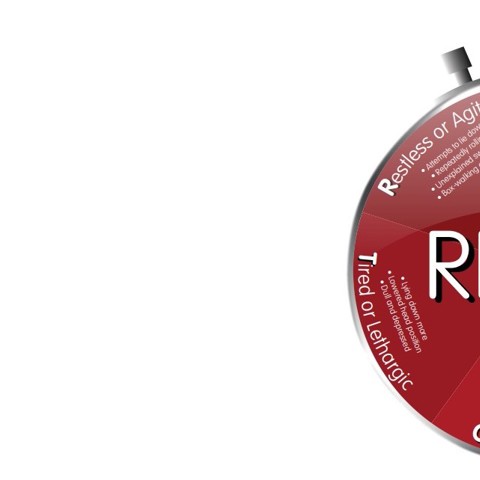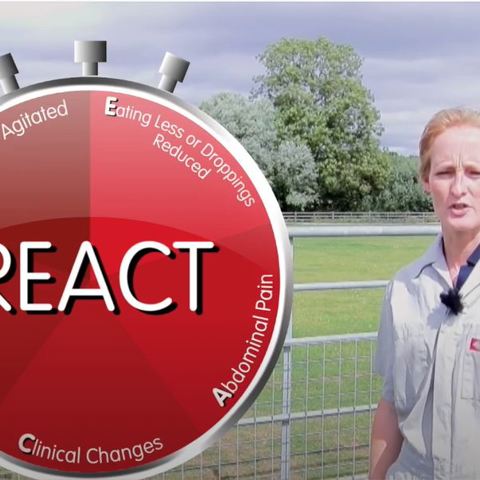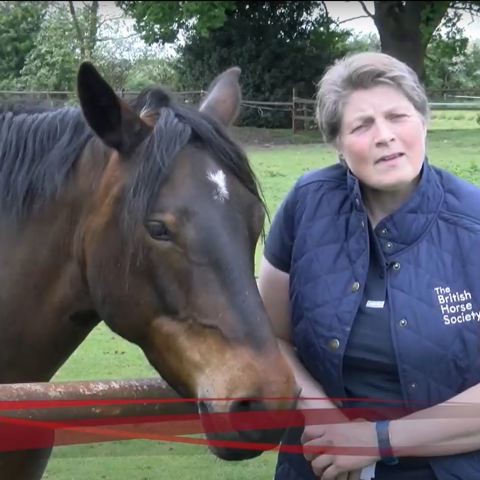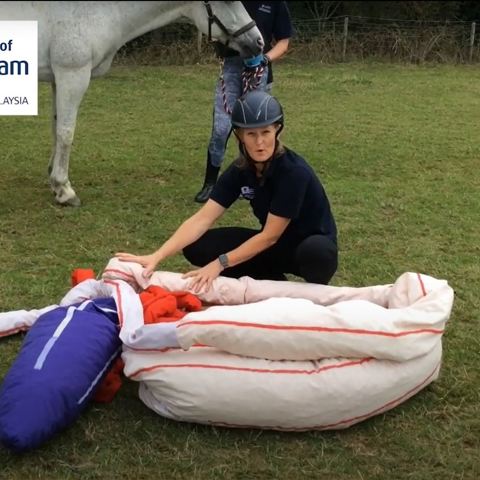In conjunction with

Colic is the term used to describe clinical signs of abdominal pain or discomfort in horses and accounts for one in three emergency vet call outs. Recognising the earlier signs of colic means veterinary treatment can start sooner.
Most cases can be resolved relatively quickly with appropriate treatment, but some will be critical with potentially severe consequences. Conditions that affect the blood supply to the intestine become a race against time, and the earlier the problem is recognised and treated, the better the chance of survival.
Are you ready to REACT?
Horse owners, or the main person responsible for the care of horses, play a vital role in recognising the early signs of colic. Colic cases can quickly deteriorate so early recognition and prompt veterinary attention is vital to increase the chance of recovery for the horse. If you notice any change in your horse’s behaviour or your horse is showing signs of distress, think REACT and contact your vet:
Restless or agitated
chevron-down
chevron-up
- Attempts to lie down
- Repeatedly rolling
- Unexplained sweating
- Box-walking or circling
Eating less or droppings reduced
chevron-down
chevron-up
- Eating less or nothing at all
- Passing fewer or no droppings
- Changes in consistency of droppings
Abdominal Pain
chevron-down
chevron-up
- Flank watching
- Pawing
- Kicking at belly
Clinical Changes
chevron-down
chevron-up
- Increased heart rate
- Reduced or absent gut sounds
- Changes in colour of gums (healthy gums should be a salmon pink colour)
- Rapid breathing rate
- Skin abrasions over the eyes (indicates that the horse has been thrashing around and has caught this prominent area on their face; for example on the walls of the stable)
Tired or Lethargic
chevron-down
chevron-up
- Lying down more than usual
- Lowered head position
- Dull and depressed
Care and Emergency Plan
Having written guidance prepared can be beneficial for yourself, your yard manager and your vet when it comes to making difficult decisions. Outlining considerations can help you to make an informed decision now, rather than a panicked, emotional choice later.








